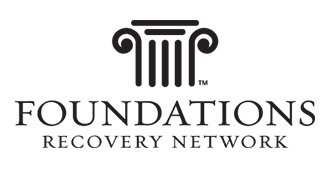As you you may be coping with your newfound insomnia. Many alcohol and drug addicts have trouble sleeping due to the chemicals being pumped through their bodies and into the brain. The real surprise comes when people enter a recovery program and still lay awake all night, giving their brains hours of uncontrolled wandering and worrying. In addition to increasing stress, being tired greatly reduces impulse control and emotional stability. Sleep is crucial to everyone, especially individuals overcoming a problem and fighting to move on with life. Below are five all natural ways to help you fall asleep:
1. Cognitive Behavioral Therapy
You may already be involved in cognitive behavioral therapy as a part of your recovery counseling. CBT is considered to be the “gold standard” in modern insomnia treatment and has been scientifically proven to be effective.
2. Meditate
Is your mind running a hundred miles per minute as you lay in bed? That may seem like a symptom of not sleeping, but it can actually be the cause. Inspire stillness in your mind and the rest will follow. Studies have shown that meditation not only fights insomnia, but can actually provide longer and deeper sleep. Start with deep breathing and then follow some easy meditation tips to let go and get sleep. Extra points if you can get into a warm bathtub to meditate so your body can also relax.
3. Exercise
Exercising may energize you directly after, but it actually aids in sleep in the long-run. Several studies and polls have indicated that those that engage in even mild exercise have less trouble falling asleep and get a more fulfilling sleep. It doesn’t really matter when you exercise, as long as its not too close to bedtime - otherwise you may feel that jolt of energy.
4. Aromatherapy
Lavender has been the go-to sleep scent for generations. It doesn’t matter if you use an essential oil, bath scrub, an eye mask, or even a scented pillow, lavender is a great tool to knock you out. Studies have shown that smelling lavender before sleep can remedy insomnia and also provide a deeper sleep.
5. Herbal tea
Cutting coffee sounds terrible, and it’s actually not completely necessary. Caffeine has a half life of five hours, which means that five hours after drinking a cup of coffee, half of its caffeine is still in your body (after another five hours, 25 percent of caffeine is in your body, and so on). You may have to cut yourself off at noon, but having a cup in the morning shouldn’t hurt your chances of peaceful sleep. Instead, switch to herbal tea, which is caffeine-free and contains compounds to help you sleep. These compounds, such as valerian and chamomile, are typically founds in herbal sleep supplements, as well.







COMMENTS